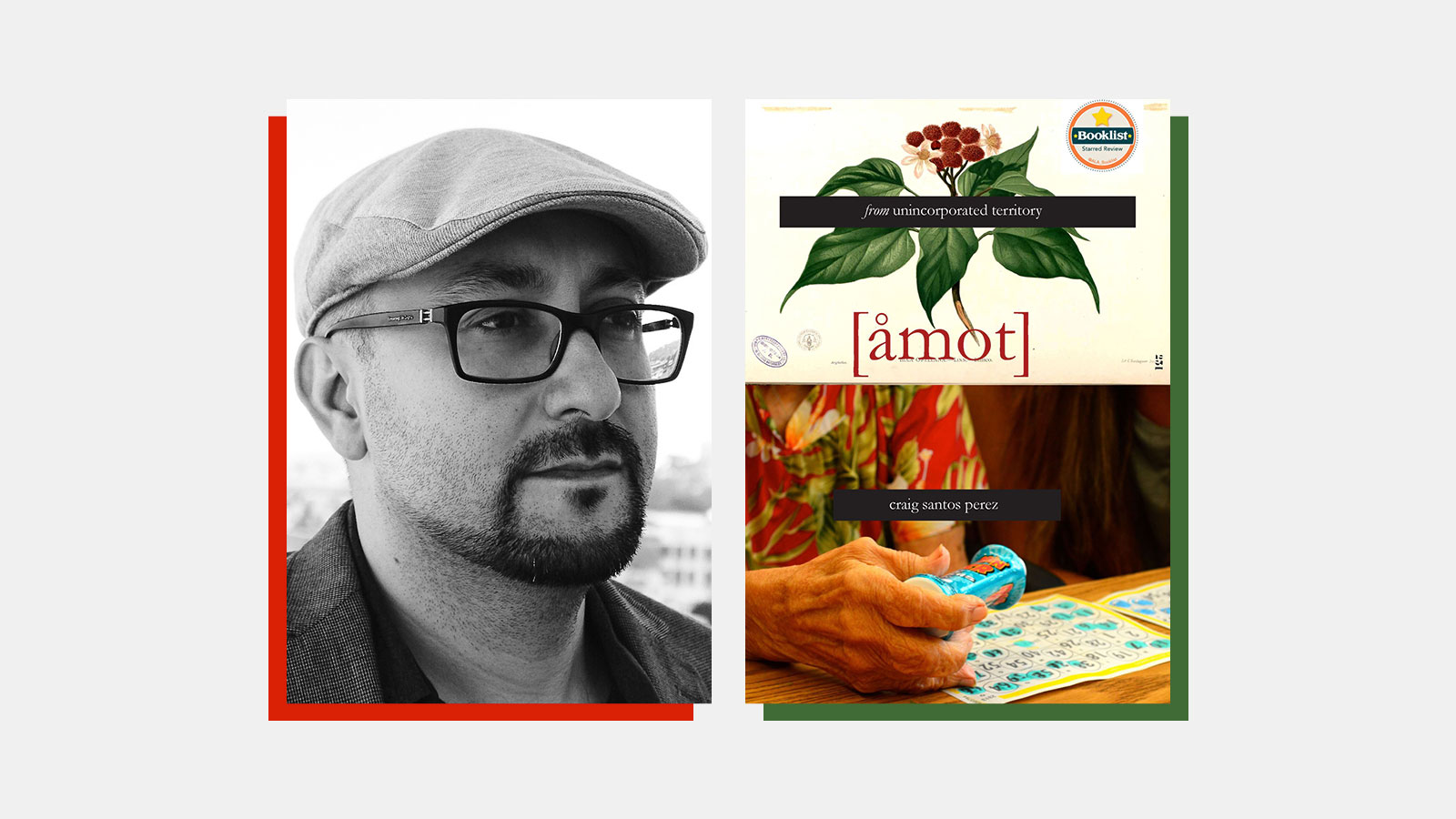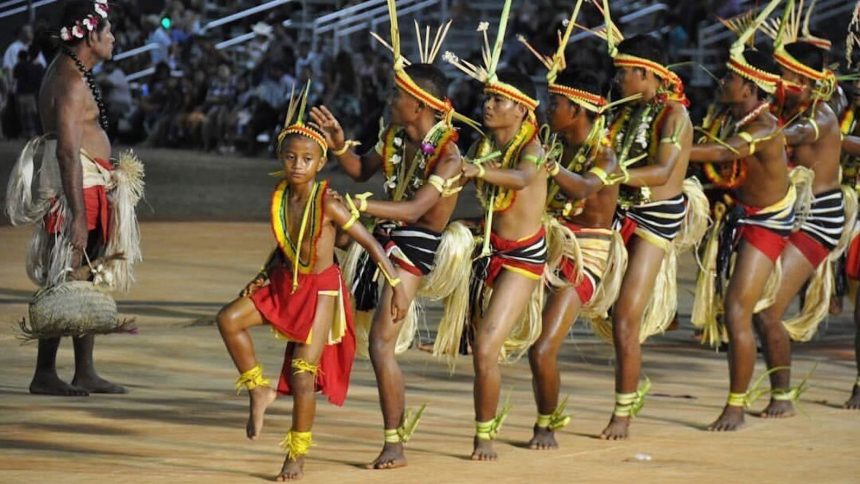Over 2,000 individuals are currently converging in Hawaiʻi for the 13th Festival of Pacific Island Arts and Culture, marking the largest assembly of Indigenous Pacific peoples globally. The gathering is of utmost importance as the island region, Oceania, faces the looming threats of rising sea levels and extreme weather patterns due to climate change, endangering traditional ways of life and ties to the land and sea.
Typically scheduled every four years, rotating between Polynesia, Micronesia, and Melanesia, the festival has been postponed for eight years due to the pandemic, making this the first time it is being held in Hawaiʻi since its establishment in 1972. Until June 16, representatives from more than two dozen Pacific nations and territories will showcase weaving, tattoo art, films, visual art, dances, literature, and more, celebrating their Indigenous culture.
Tarcisius Kabutaulaka, a professor at the University of Hawaiʻi and a native of the Solomon Islands, emphasizes the deep connection between Pacific cultures and the environment. The festival’s focus on performing arts highlights how these cultures are intertwined with nature, with creations reflecting the surrounding environment.
Climate change poses an existential threat to Pacific Island nations, impacting food sources like taro in Kiribati and necessitating community relocations due to extreme weather events. The effects of colonialism are also evident, with ongoing struggles such as the recent turmoil in New Caledonia. Amidst these challenges, the festival will address climate change, environmental justice, and other critical issues through various events.
The festival’s essence lies in the arts, with Indigenous artists using their creations to preserve traditions that are deeply rooted in their heritage. The event also serves as a platform for discussions on protecting Oceania, including vital dialogues on climate change and mental health, organized by Kabutaulaka.
The festival commenced with an opening ceremony following a traditional gathering to welcome voyaging canoes, showcasing the importance of ancestral knowledge in navigating the sea. Participants like Teina Ranga from the Cook Islands emphasize the significance of preserving environmental traditions and cultural identity for future generations.

The festival serves as a pivotal platform for Indigenous communities to showcase their cultural heritage amidst pressing environmental and social challenges, emphasizing the urgent need for collective action and preservation of ancestral traditions.






